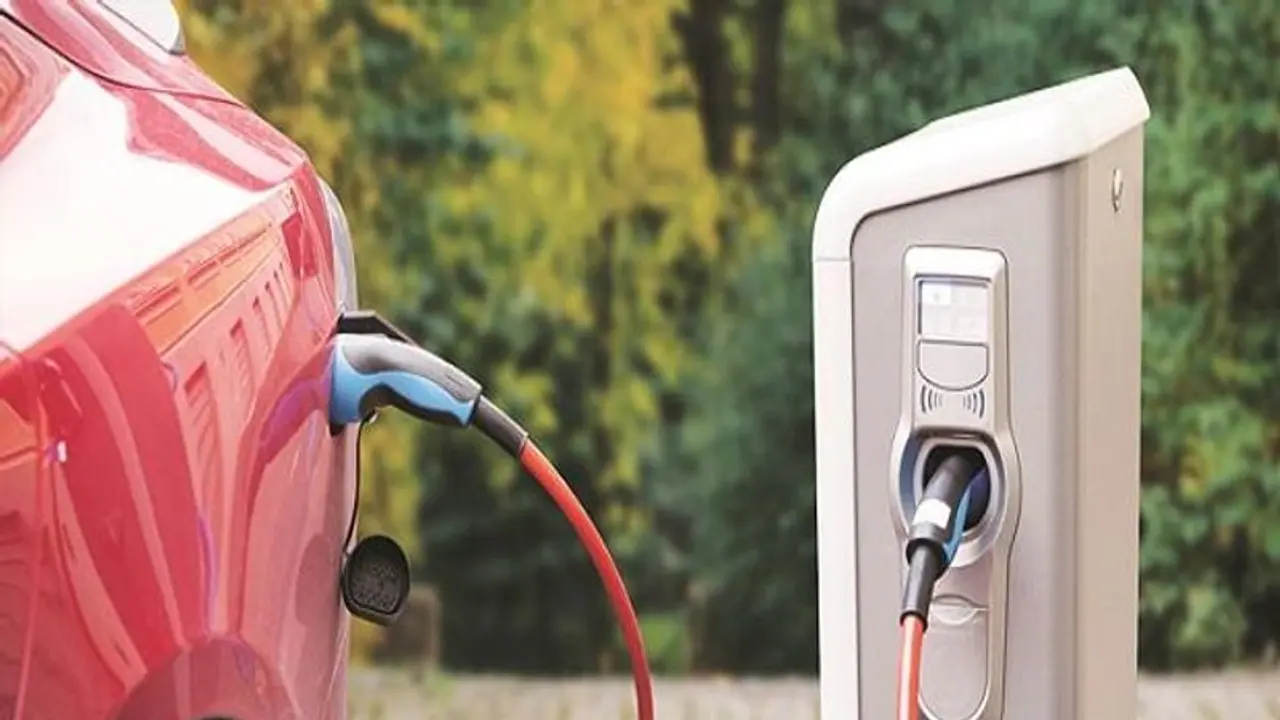In Karnataka, the Authority for Advance Ruling has imposed an 18% GST on charging electric vehicle batteries, affecting public charging station users and companies planning to set up charging stations. The decision applies nationwide and could raise costs for smaller companies in the EV charging sector.
In a setback for electric vehicle owners in Karnataka, the state Authority for Advance Ruling (AAR) has issued a service tax of 18 per cent on charging the electric batteries. If you are someone, who uses public charging stations often, this will be a blow to you.

The 18 per cent goods and services tax (GST) is applicable to the batteries used in electric vehicles, said the AAR. This decision was passed for the appeal made by a Mysuru-based electric company Chamundeshwari Electricity Supply Corporation.
Coming soon... Tesla factory in India; electric car prices to start at Rs 20 lakh - Report
The company was setting up its own EV charging stations, for the vehicles and appealed to the AAR for clarity, on whether to apply GST or not for the battery charging services. The AAR said that this was a service provided to the customers and is liable for tax, at the current rate of 18% GST.
This could be a setback for the companies, who were thinking of setting up of EV charging stations, as several companies, nationwide were eyeing additional income by providing electric charging stations to the public.
The Power Ministry had said that the battery charging providers were not supplying the electricity through the license, they were merely service providers. Based on this statement, the AAR has slapped 18% GST on the service provided by the companies.
The relief for the company was that it can be allowed to claim the amount through Input Tax Credit (ITC) on business costs, through property rentals and maintenance of infrastructure.
Google rolls out new features to find EV charging station nearby, AR shopping & more
Managing Director of Magenta Mobility, Maxon Lewis said that the large companies which are able to offset GST will continue their investment. But, the smaller companies will not be able to bear the costs, as it raises the cost of building these systems. These are some of the points to be considered.
It is important to note that, this decision applies to nationwide companies, and not just Karnataka. Karnataka, being the third highest state to sell electric vehicles after Uttar Pradesh and Delhi, will have to bear these costs as well. Data says that for every three EVs sold in UP, Karnataka sells one.
